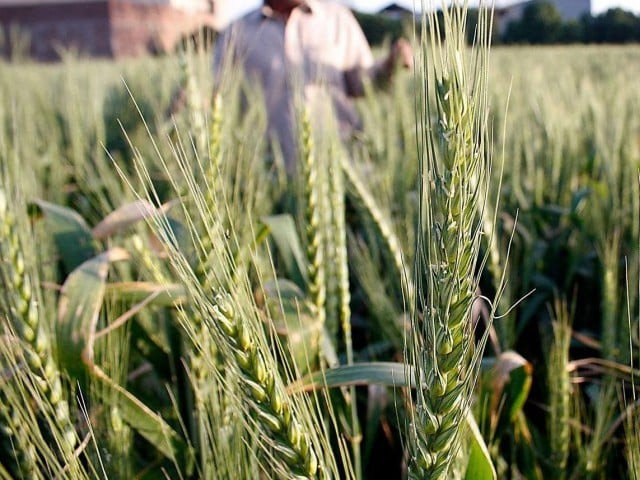Talking points: Experts emphasise rational use of agricultural soil
Say policy should be introduced to prevent degradation, ensure food security

Policy should be introduced to prevent degradation, ensure food security. PHOTO: INP
This was said by experts from different varsities at a symposium held at University of Haripur (UoH) on Thursday.
Speaking on this occasion, Dr Ali Raza Gurmani, an agricultural expert, said the country’s population is likely to increase to nine billion by 2050. “This will increase the demand for food by 60%,” he said.
“Soil is both a renewable and non-renewable natural resource. The ecological and environmental cost of restoring degraded soil is particularly high due to salinisation, erosion and environmental pollution.” He added this could reduce agricultural output for future generations.
According to Gurmani, 25% agricultural land in the country was highly degraded and a further 44% was either slightly or moderately degraded.
Policy initiatives
Dr Zahir Ahmed Zahir, a lecturer at University of Agriculture Faisalabad, said the government needed to devise a suitable policy to preserve agricultural land. “The construction of new buildings and housing societies should be restricted to non-agricultural land,” he said.
“Food security is vital for an ever-increasing population and we must give priority to growing crops.”
Zahir drew attention to strategies whereby soil can be conserved to prevent degradation. “Activities that expose soil to degradation should be avoided,” he said.
Water scarcity
UoH Vice Chancellor Dr Nasser Ali Khan said a more acute water shortage is expected in Pakistan over the next two-and-a-half decades due to the growing population.
“Concrete steps are required to improve the quality of soil,” he added.
Speaking on the occasion, Pakistan Science Foundation Chairman Dr Muhammad Ashraf assured participants a series of efforts are being taken to conserve the soil to guarantee food security in the country.”
Published in The Express Tribune, November 7th, 2015.













COMMENTS
Comments are moderated and generally will be posted if they are on-topic and not abusive.
For more information, please see our Comments FAQ